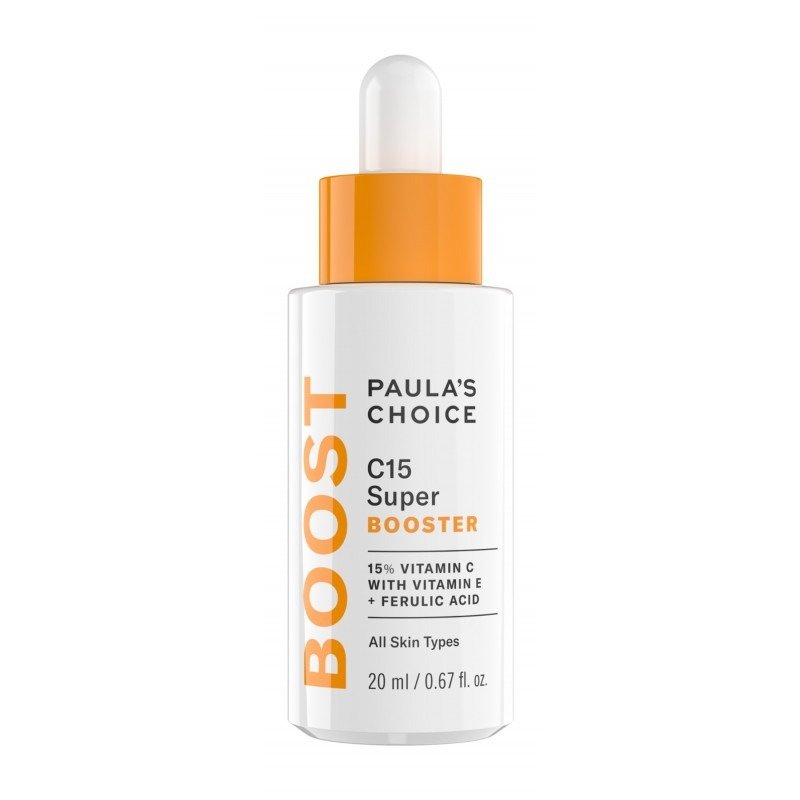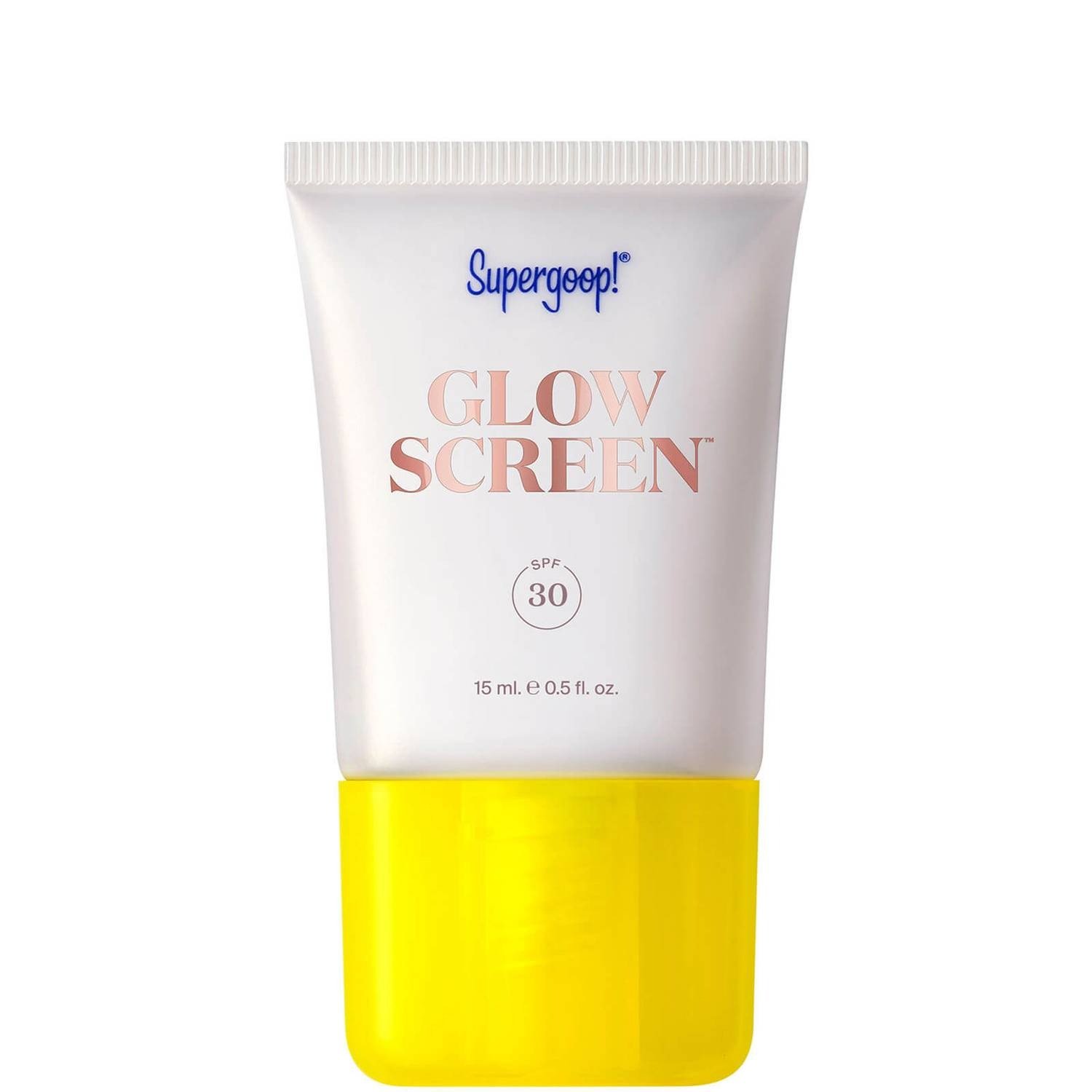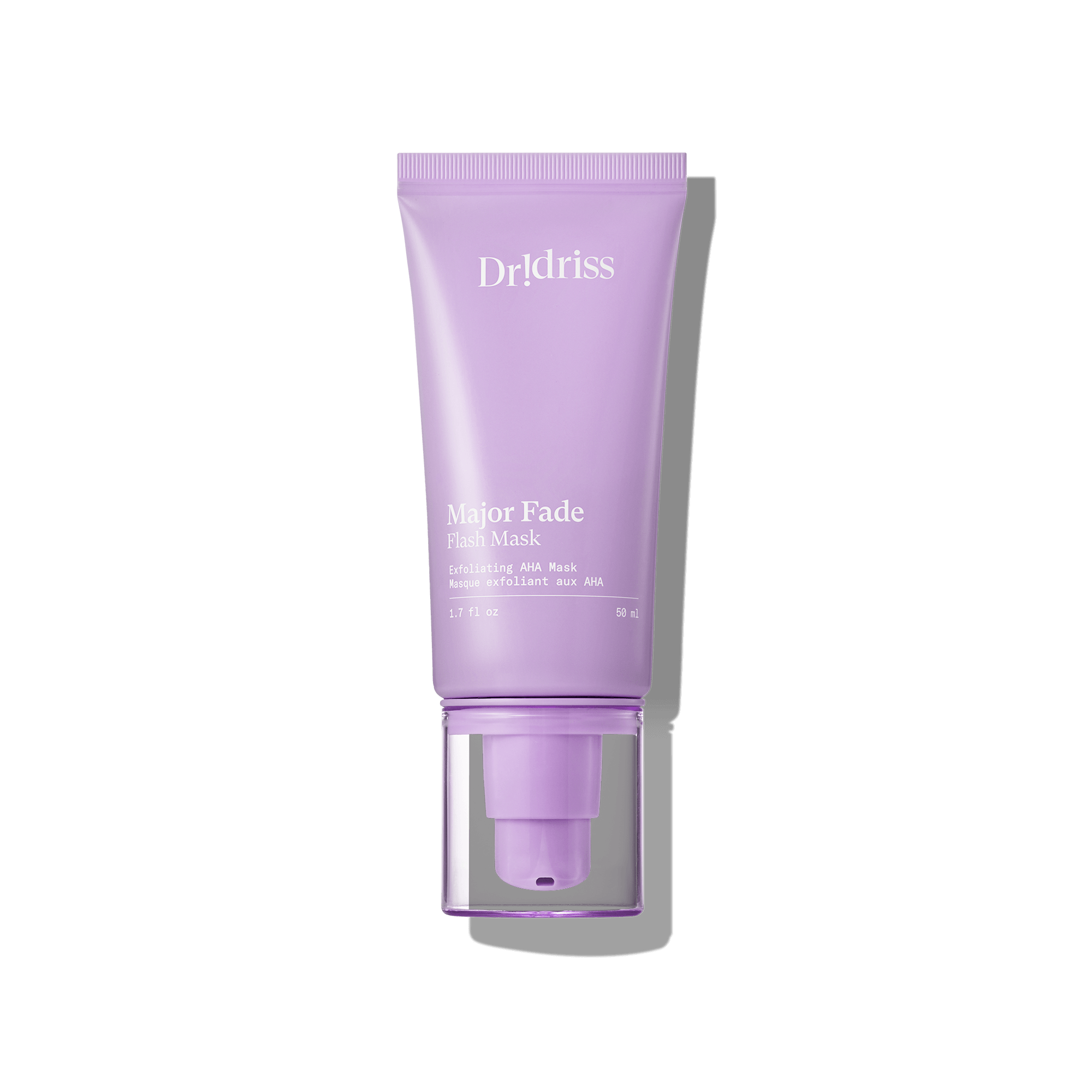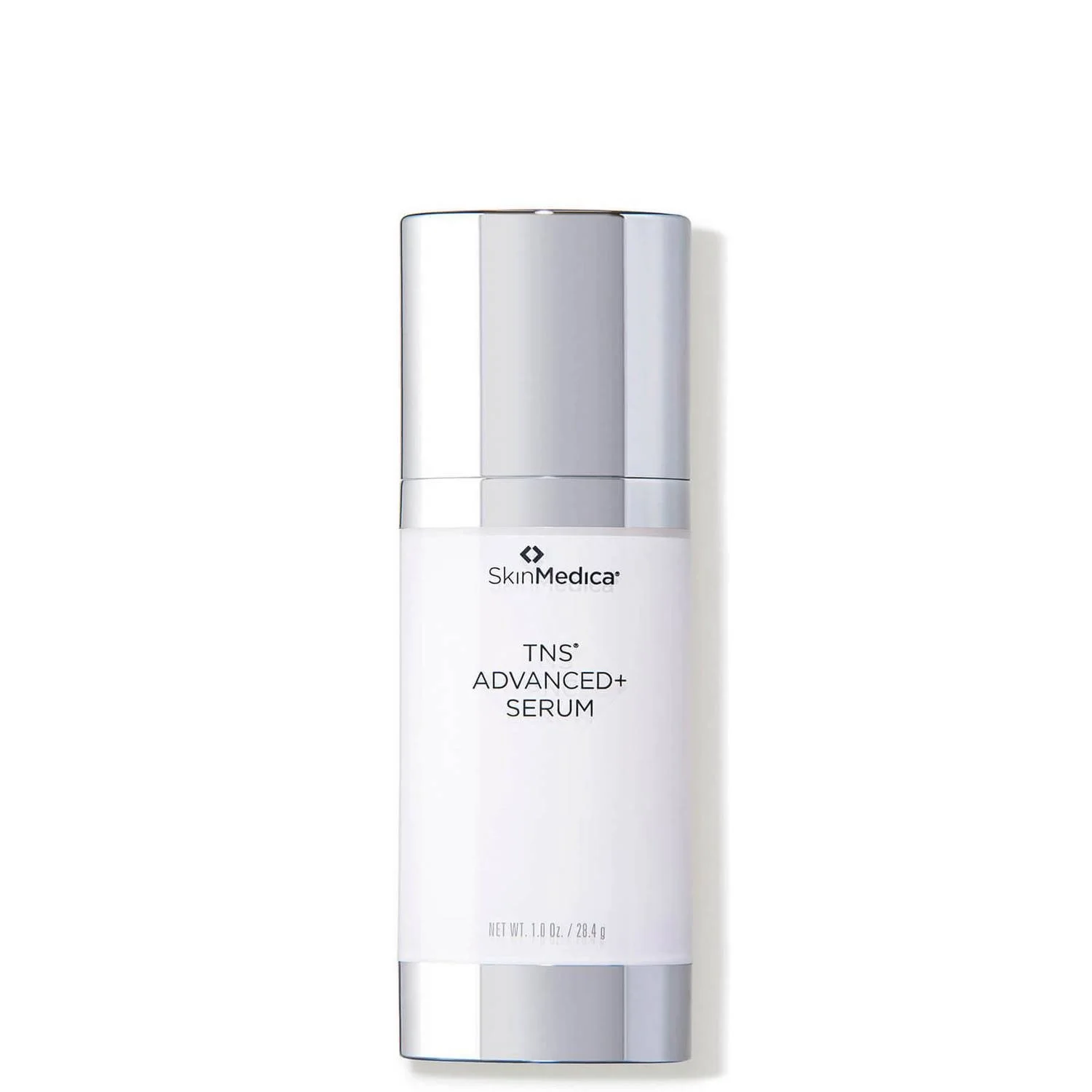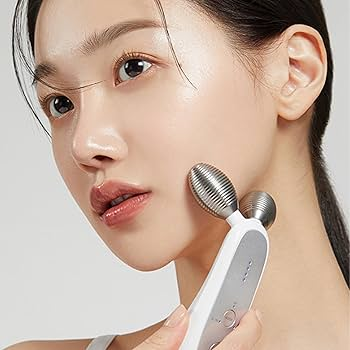Skincare in Your 30s: Optimal Skin Health
Welcome to But More Importantly! Don't forget to like, subscribe, and leave a comment. Your feedback matters to us, whether it's a topic suggestion or a simple shout-out showing that you're looking after your skin with a UV visor – a key part of today's discussion.
You're in your 30s now, an age that brings the first significant aging milestone, typically around 30 to 32. With this shift, you may have noticed some changes in your facial appearance. Fast forward a bit, and you're in your late 30s, experiencing another revelation, "Wait, is my face sagging? It seems like this change is happening faster than I can comprehend." Let's face it, that's the aging process in action.
Unfortunately, no singular over-the-counter product can restore your youthful volume or fix your bone structure. So, what is the purpose of this article? It's to help you understand that while age isn't a skin type and shouldn't dictate your product selection, there are common changes we experience in our 30s that we can address proactively and effectively.
Understanding the Aging Process
Let's delve into the skin changes that occur in your 30s. Beyond losing volume, factors like stress, hormonal shifts, and declining collagen production impact your skin. You may see more fine lines as your skin's repair process slows down, or have oily skin and face increased breakouts, blemishes, and jawline acne. Also, the skin damage from your 20s begins to show, leading to a blotchy appearance. Those cute freckles from sun damage in your 20s can start to look muddled and messy in your 30s. I'm not against freckles—I used to love the ones that would appear from sun damage in the summer. The issue is, you start to lose that fresh look as you hit your 30s.
Embracing Skincare in your 30s
Skincare in your 30s isn't just about protection, as it was in your teens and 20s. You want to protect your skin to minimize future damage since you're at your peak collagen production in your 20s and won't produce more. In your 30s, you need to focus not just on protecting but also on repairing your skin and supporting its foundation.
The Role of Antioxidants in Skincare
We're going to start with our AM routine and how you need to tailor your morning skincare routine, starting with antioxidants. If you're accustomed to using sunscreen every morning, you have to ensure that you include antioxidants in your routine before your sunscreen application. This is because antioxidants help to fight free radical damage that creates reactive oxygen species - think of it like metal rusting over time. This reactive oxygen slowly breaks down our skin, just like how oxygen degrades metal. So, antioxidants play a crucial role in protecting our skin from this damage. Antioxidants are diverse, and vitamin C isn't your only available choice. Other forms like niacinamide or centella also provide antioxidant benefits.
When hormonal changes in your 30s cause skin redness, it's crucial to soothe the skin. To address this, the Dr. Idriss De-Puffer contains a blend of centella asiatica and niacinamide. These ingredients manage the inflammation and redness caused by hormonal fluctuations. The product also includes arnica and hydroxyphenol propylaminobenzoic acid to control histamine production, reducing puffiness and redness. After a night of indulgence, this de-puffer will help you wake up without a red face. Apply it before your sunscreen. The roller form ensures effortless application around your eyes to reduce puffiness. For direct application, the roller head is removable, and the serum can be used underneath your sunscreen.
While vitamin C is a well-known antioxidant, the best form for you depends on your skin's needs. L-Ascorbic Acid is the purest form, available from Paula's Choice in a dropper bottle – but remember, don't exceed 20 percent. Dr. Idriss Active Seal is great for those with sensitive skin. It combines vitamin C and a moisturizer for a convenient two-in-one solution and it's packaged in an airtight container to prevent degradation. For oily or acne-prone skin, I recommend Skinceuticals' Silymarin CF, which mixes Ascorbic Acid with Salicylic Acid to unclog pores and boost vitamin C efficacy.
The Role of SPF in Daily Skincare
My daily makeup routine is minimal, but I always apply my chosen sunscreen product. I apply two finger lengths of it, blending it in by tapping it onto my skin. This provides adequate SPF 30 protection for city living, unless you're out in the sun all day. For extra radiance, Supergoop's Glow Screen is great, but can irritate sensitive eyes. I occasionally apply a little over my makeup for extra shine. It's not my primary sunscreen, but I love its texture and effect. Alternatively, consider the La Roche-Posay Double Repair Face Moisturizer with SPF 30. If you're outdoors all day, UV visors are an effective option. They can significantly help manage melasma, in conjunction with skincare products and regular sunscreen use.
Unlocking Your Ideal Evening Skincare Regimen
Let's delve into your evening skincare regimen now. It's a simple sequence: cleansing, exfoliating, encouraging cell turnover, addressing particular skin concerns, and topping off with a moisturizer. Those with oily skin would benefit from La Roche-Posay Purifying Foaming Cleanser. For tackling acne, apply this medicated product two to three times weekly, leave it on for a while, then rinse off.
For those with dry skin, a cream-based cleanser like Glow Recipe's Avocado Ceramide Moisture Barrier Cleanser is ideal. It ensures your skin isn't excessively stripped of its natural oils. Need to fully remove makeup? I suggest a "double cleanse" with Bioderma's Micellar Water. I combine these two every night to kickstart my evening routine. A well-considered skincare approach is essential for your 30s nighttime routine; splurging on a cleanser isn't necessary.
Exfoliation Essentials: Winning the Battle Against Excess Oil
Proceed to exfoliating next. Hormonal changes in your 30s might cause excess oil production, and this is where salicylic acid becomes a lifesaver. Using a BHA like Paula's Choice a few times weekly in the evening can unclog pores. For those with oily skin who wear makeup, consider Jori's salicylic acid primer. Use it under your makeup during the day and after cleansing at night, even when you're not wearing makeup. I would also suggest the Skin Better Science pads, which combine salicylic acid and their unique form of retinol, offering a two-in-one benefit.
For proactive anti-aging benefits, like improving collagen production and evening out skin color, the Dr. Idriss Flash Mask is a superb choice. Leave it on your skin for five minutes, or overnight if you don't have sensitivity. I applied it from forehead to chin last night and woke up to baby-smooth skin. It contains glycolic acid, lactic acid, and tranexamic acid - all excellent exfoliants.
Addressing Skin Concerns: From Redness to Fine Lines
Once exfoliation is done, we address our specific skin concerns. If you're dealing with breakouts, rosacea, redness, or flushing, Peach Slices' azelaic acid could be your solution. Daytime use might result in pilling under other products, making it more suitable as a nighttime product. If discoloration, brown spots, or uneven skin tone are your concerns, I've found a solution that has shown noticeable improvement: Dr. Idriss Hyper Serum. It's loaded with powerful ingredients like kojic acid, niacinamide, arbutin, and licorice root, which work in harmony to even your skin tone and soothe hyperpigmentation.
Embrace the Power of Peptides for Fine Lines
If fine lines are beginning to appear, consider integrating Shani Darden's Retinol Reform into your routine. It's best to ease into usage, starting with twice weekly applications in the evening, before gradually building up to more frequent use. Bear in mind that fine lines could signal a possible deficiency in nutrients, emphasizing the importance of giving your cells the nourishment they need to function at their best. This is where peptides step in. Skin Medica's TNS Advanced Serum is a top-tier product that's rich in peptides. You can apply it from your face down to your neck, without worrying about irritation. One key ingredient in this serum is Hexapeptide 2, known for its effectiveness on fine lines. In addition, the serum is packed with Vitamin C and hydrating ceramides for additional hydration.
Finally, to seal in all these advantages, hydration is of utmost importance. Kiehl's Ultra Facial Cream is an excellent moisturizer, particularly for those in dry climates or during the winter months. It pairs well with the peptide serum, adding extra nourishment and hydration.
In essence, skincare in your 30s should focus on not just safeguarding, but also restoring and supporting your skin. This can be achieved through the use of appropriate exfoliating acids and retinols to facilitate cell turnover, plus feeding your skin the essential nutrients and peptides.
That wraps up our guide! I trust this information will be helpful to you. If you have any queries, do leave them in the comments section below. Remember to don your sun visors this weekend, as we're expecting sunny skies! If you're venturing outdoors and the air quality permits, remember your sun protection.



